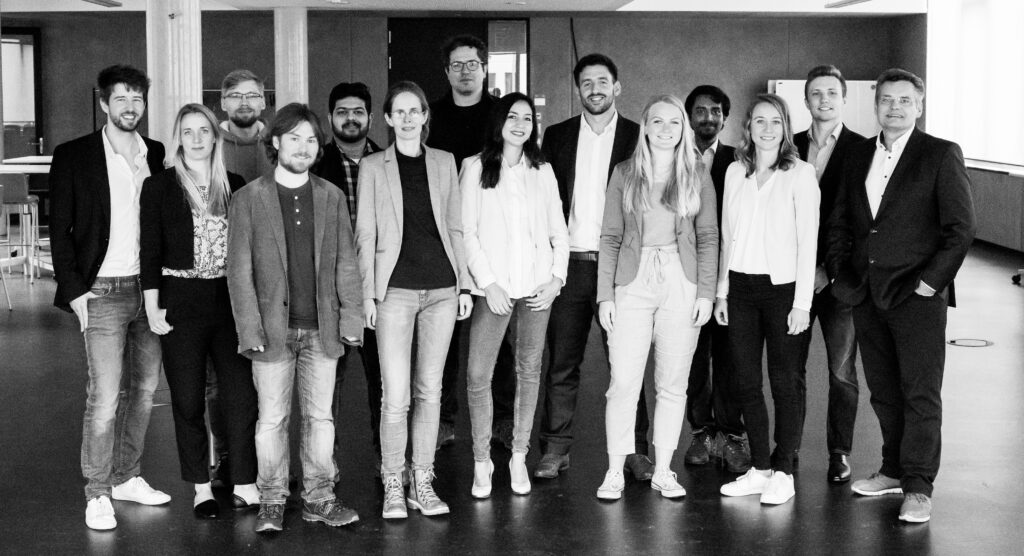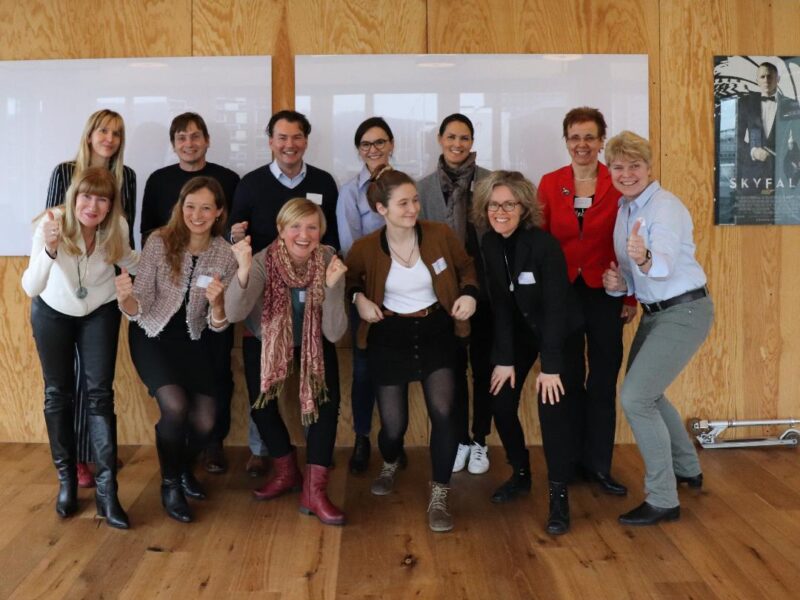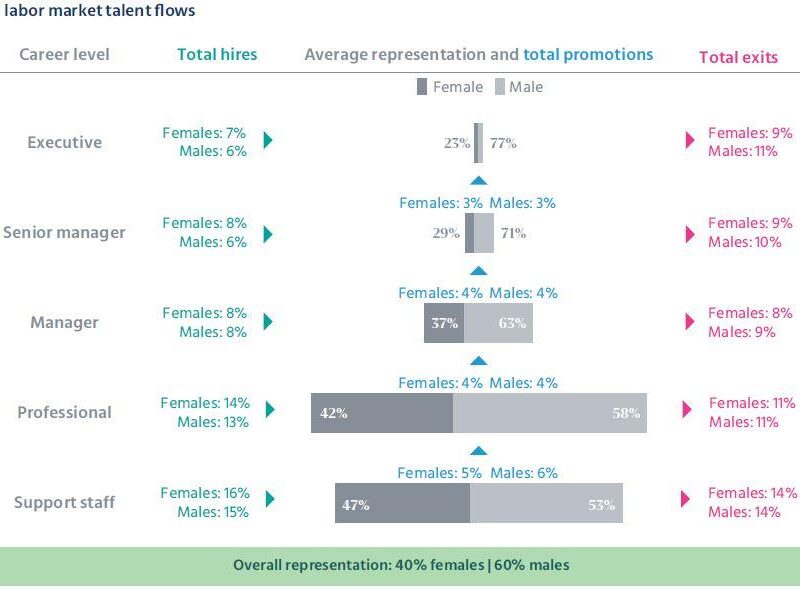HAWA DAWA SEES A UNIQUE OPPORTUNITY FOR A SUSTAINABLE AND HOLISTIC SOLUTION IN MUNICH

THE HAWA DAWA TEAM, PICTURE COURTESY OF HAWA DAWA
Hawa Dawa, a Munich-based startup company specializing in the management of air quality, sees the mobility measures demanded by #MunichForFuture as a unique opportunity for Munich to support a sustainable and holistic mobility approach well accepted by the general population.
Such an approach opens up opportunities for general measures to reduce climate-specific pollutants to be combined ideally with specific measures to improve local air quality and thereby enhance quality of life. A balanced and comprehensible approach to introducing new regional mobility concepts drives better understanding and leverages greater acceptance by the citizens of Munich and its surrounding area.
In addition to the negative effects of climate pollutants on the earth’s climate, nitrogen oxide, linked directly to transport emissions, in its various forms contributes to the formation of tropospheric ozone, which, together with particulate matter (‘black carbon’) is one of the most potent short-lived climate pollutants. According to the latest studies, these pollutants cause up to 45% of climate change and are therefore also the focus of global climate policy. Here there is a direct link between short-lived greenhouse gases and ambient air pollution, the more ‘every-day’ side of reducing emissions and global warming. Measures to combat transport-related emissions are therefore not only of substantial importance for helping reduce global climate change but also for improving local air quality.
“As the proposed measures in Munich are drastic interventions, it is essential to measure success and make it transparent. This not only leads to better acceptance within the population, says Matt Fullerton, Head of Software Development and co-founder of Hawa Dawa, but also makes it possible to assess promptly whether the measures taken will have the desired effect and to react if necessary.
“We know of several examples that have had unexpected, undesirable or disappointingly low effects. In particular, with selective and regionally limited measures, effects on other areas cannot be ignored,” Fullerton added.
“Examples include the diesel driving ban in Hamburg, which up until now has not led to reduced pollution. A statement of the effect would only be possible after a reasonable time and with the inclusion of additional environmental factors, says Fullerton. (https://www.ndr.de/nachrichten/hamburg/Trotz-Diesel-Fahrverbot-nicht-weniger-Stickoxide,stickoxid138.html ).
The introduction of the Ultra Low Emissions Zone toll in London is also worth referencing here. As a result of the zone, the number of taxis increased significantly within the area (https://theconversation.com/london-congestion-charge-what-worked-what-didnt-what-next-92478), which in turn led to a slowdown in public buses. Furthermore, in Madrid, a program to reduce emissions from road transport, which was only introduced in November 2018, was repealed immediately after the new mayor took office. After massive citizen protests and a corresponding court decision, the program was continued. “This demonstrates the importance of continuous and transparent communication on this topic,” explains Fullerton.
In response to this timely and urgent need for transparency, Hawa Dawa provides real-time air quality data in intuitive ways, to facilitate evaluation of achievement against target and increase transparency. Hawa Dawa is able to combine this information further with traffic, geo-, land-use, and even weather data to provide meaningful insights which serves as a sound basis for urban and regional decision-making (more information on air quality packages available here)
Despite the immense impact of air pollution on areas such as civil protection (health and safety) and transport (reduced emissions, investment in sustainable mobility), air quality data remains an extremely scarce commodity. Throughout the Federal Republic of Germany, there are only around 115 relevant measuring stations; or one station per 700,000 inhabitants. The city of Munich has only three measuring stations in the inner-city area. Hawa Dawa’s IoT measuring boxes are a future-oriented option to close this huge data gap; a cost-effective solution with stable and measurement-reliable devices.(more information available here)
About Matt Fullerton:
Matt Fullerton holds an MSc degree in Electronics by Research and an MEng degree in Electronics with Media Technology. He was the founder and technical director of Smartlane GmbH and is an expert for data processing and visualization for the mobility market. As co-founder and head of the software team, he has been with Hawa Dawa since 2016.
About Hawa Dawa:
Hawa Dawa provides the foundations of a new digital knowledge network for resistant and climate-neutral cities and future-oriented companies. The international team consists of engineers, software specialists and data analysts, experts in sensor technology, satellite and traffic modelling as well as business developers. Hawa Dawa pushes the boundaries of machine learning and sensor technologies to produce innovative new data products and services for customers.
More information about Hawa Dawa available at:





